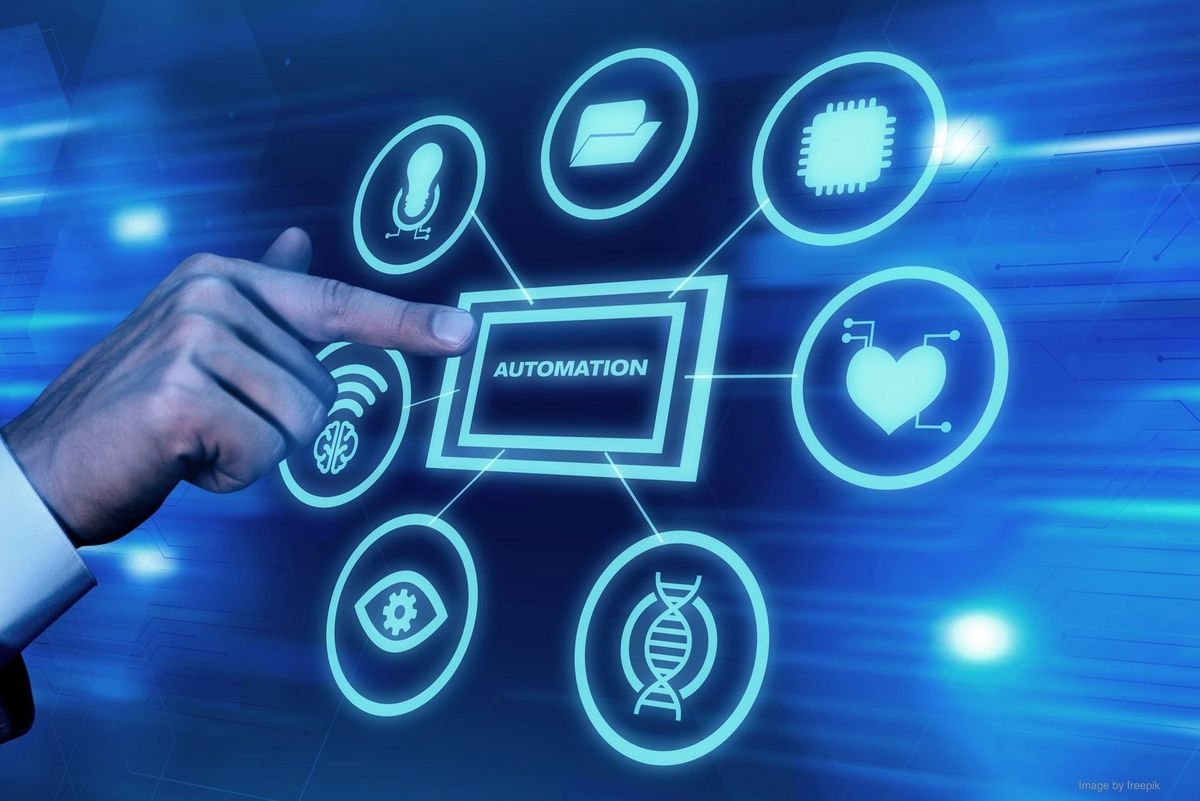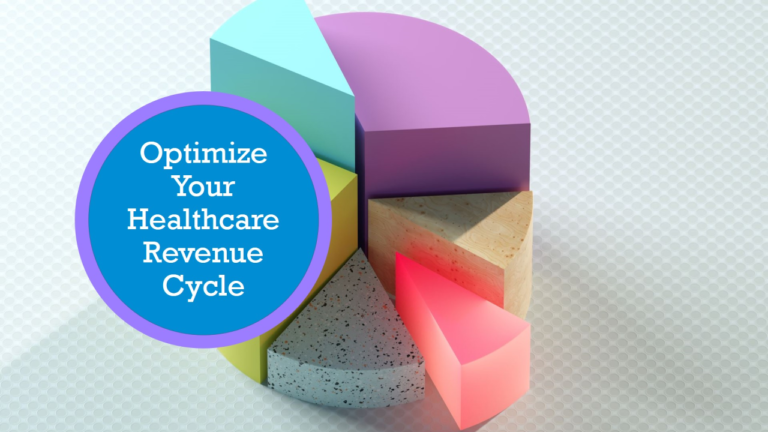In today’s fast-paced healthcare environment, ensuring quality care while managing operational efficiency is more critical than ever. Automation in Healthcare is proving to be a game-changer in this regard. By streamlining repetitive tasks and providing essential support, automation is transforming healthcare practices across the globe. However, it’s essential to recognize that automation is designed to empower healthcare professionals rather than replace them. This article explores the key advantages of automation in healthcare and its positive impact on both healthcare providers and patients.
1. Streamlining Administrative Tasks
One of the primary areas where automation is making a significant difference is in administrative tasks. Healthcare professionals often face the challenge of managing a massive volume of paperwork, patient records, and insurance claims. This can lead to administrative bottlenecks, delays, and errors.
Automation solutions can manage these repetitive tasks, such as appointment scheduling, patient intake forms, and billing processes. By doing so, healthcare providers can significantly reduce the time spent on manual data entry and paperwork. This not only improves the efficiency of the practice but also helps to minimize errors, leading to smoother operations.
2. Enhancing Patient Care and Experience
While automation may sound like it focuses solely on operational efficiency, it has a profound effect on improving patient care as well. With automation handling routine tasks, healthcare professionals are free to spend more time focusing on direct patient care.
For example, automated reminders for patient appointments and follow-ups ensure patients stay on track with their treatments. Additionally, automation can provide patients with easy access to their medical records and test results, improving transparency and communication.
This shift allows medical staff to dedicate more attention to their patients’ needs, providing personalized care and improving patient outcomes.
3. Reducing Errors and Enhancing Accuracy
Human error is inevitable, especially in high-pressure environments like healthcare. A small mistake in a patient’s record or prescription could have serious consequences. Automation in healthcare helps mitigate these risks by offering enhanced accuracy and consistency.
Automated systems reduce the chances of errors in administrative tasks, such as entering patient details or processing insurance claims. With automation, data is entered correctly, and important steps are not missed. In medical procedures, automated diagnostic tools and decision support systems help healthcare professionals make more accurate decisions, further improving patient care.
4. Boosting Operational Efficiency
Healthcare practices often struggle with operational inefficiencies that can impact overall productivity. Manual workflows, lengthy approval processes, and poor communication between departments contribute to these inefficiencies.
By automating routine tasks, such as billing, insurance verification, and patient data management, healthcare practices can speed up workflows. Automation tools can also manage resource allocation, ensuring that medical staff, equipment, and facilities are optimally utilized. This leads to better overall efficiency and the ability to see more patients without sacrificing quality.
5. Enabling Better Data Management and Reporting
Managing healthcare data is a complex process, given the sheer volume of patient information generated daily. However, automation plays a key role in transforming data management in healthcare settings. Automated systems can organize and store patient data securely, ensuring easy access and retrieval when needed.
Moreover, automation enables real-time reporting of critical health data, allowing healthcare providers to make data-driven decisions quickly. The integration of data from various sources — from lab results to patient feedback — enhances the decision-making process, making it more timely and accurate.
6. Supporting Compliance and Security
Healthcare practices face stringent regulations and standards to ensure patient privacy and data security. Compliance with laws like HIPAA (Health Insurance Portability and Accountability Act) requires careful attention to how patient data is stored, shared, and protected.
Automation helps streamline compliance processes by automatically tracking important activities and maintaining secure data handling practices. Automated systems can monitor data access and generate audit logs, ensuring practices stay compliant and avoid costly fines.
7. Improving Healthcare Workforce Satisfaction
Healthcare professionals often face burnout due to the pressure of administrative tasks combined with long hours of patient care. By automating repetitive tasks, healthcare workers are freed up to focus on the human aspects of their roles — offering compassionate care and engaging with patients.
This reduction in administrative workload leads to improved job satisfaction among healthcare providers. Employees feel more fulfilled and less stressed when they are able to focus on tasks that require human expertise rather than on time-consuming paperwork and clerical duties.
Conclusion: Empowering Roles, Not Replacing Them
The benefits of automation in healthcare are clear: it streamlines operations, improves patient care, reduces errors, and boosts efficiency. However, it’s crucial to recognize that automation does not replace the critical roles that human healthcare professionals play. Instead, it empowers them to focus on what truly matters — delivering high-quality, compassionate care to patients.
By embracing automation, healthcare practices can unlock their full potential, improving both operational performance and patient outcomes. Automation supports, enhances, and empowers healthcare providers, ensuring that the focus remains on the heart of healthcare: the people.
For more insights into how automation can transform healthcare practices, visit our blog on automation in healthcare.













